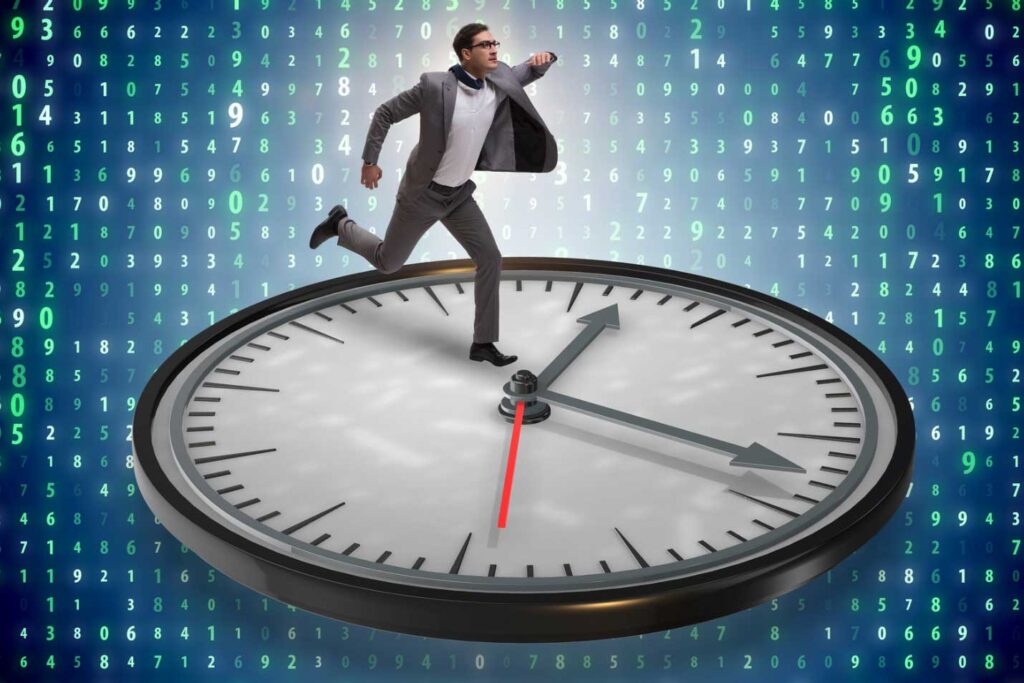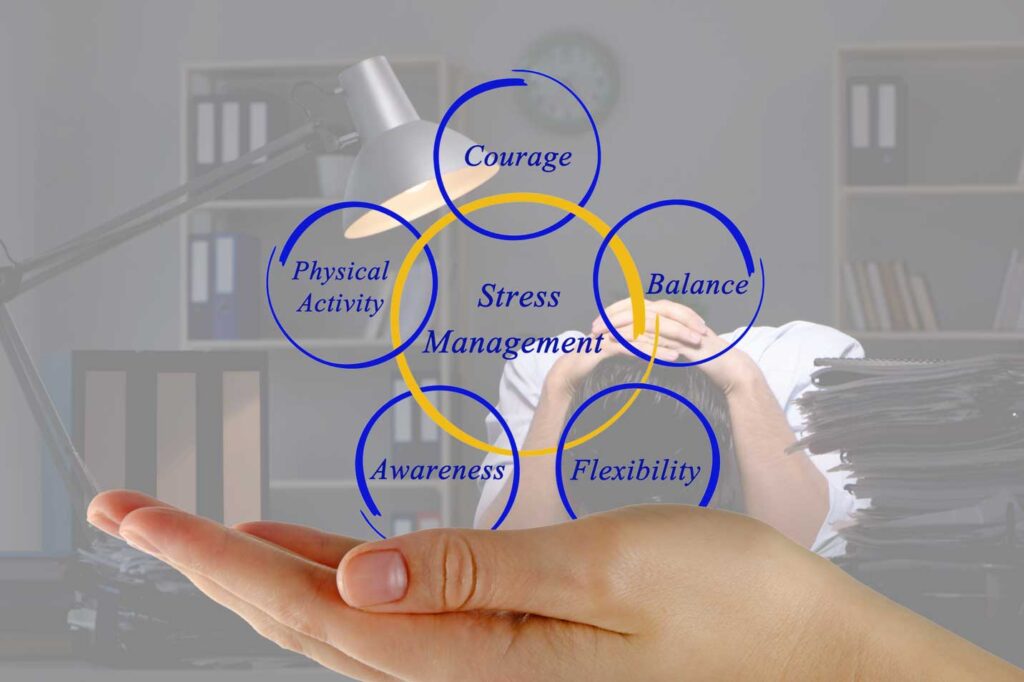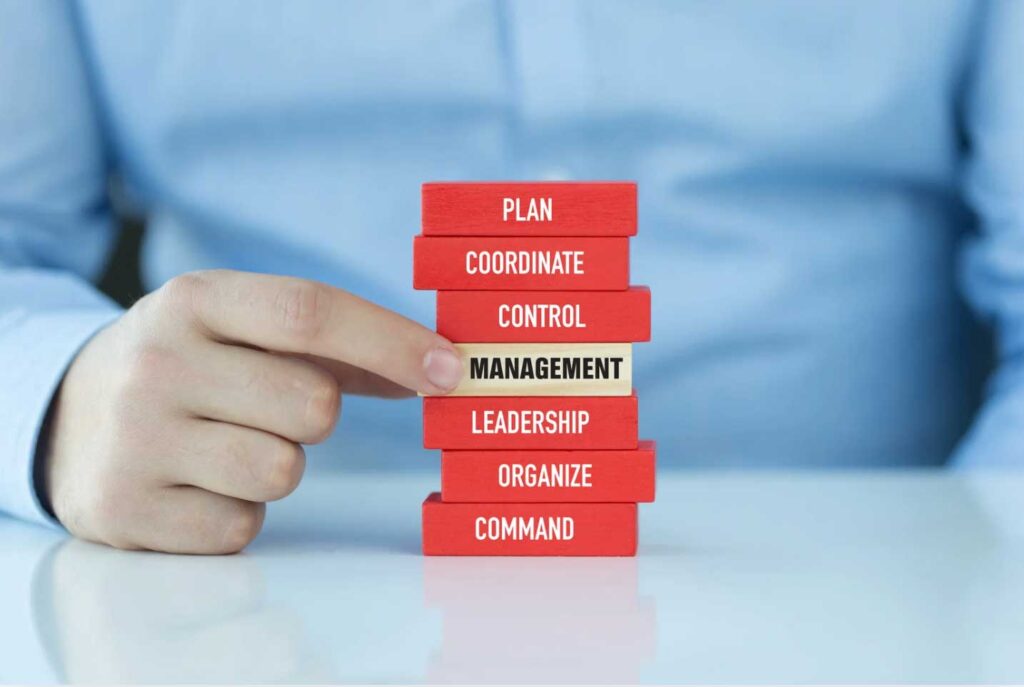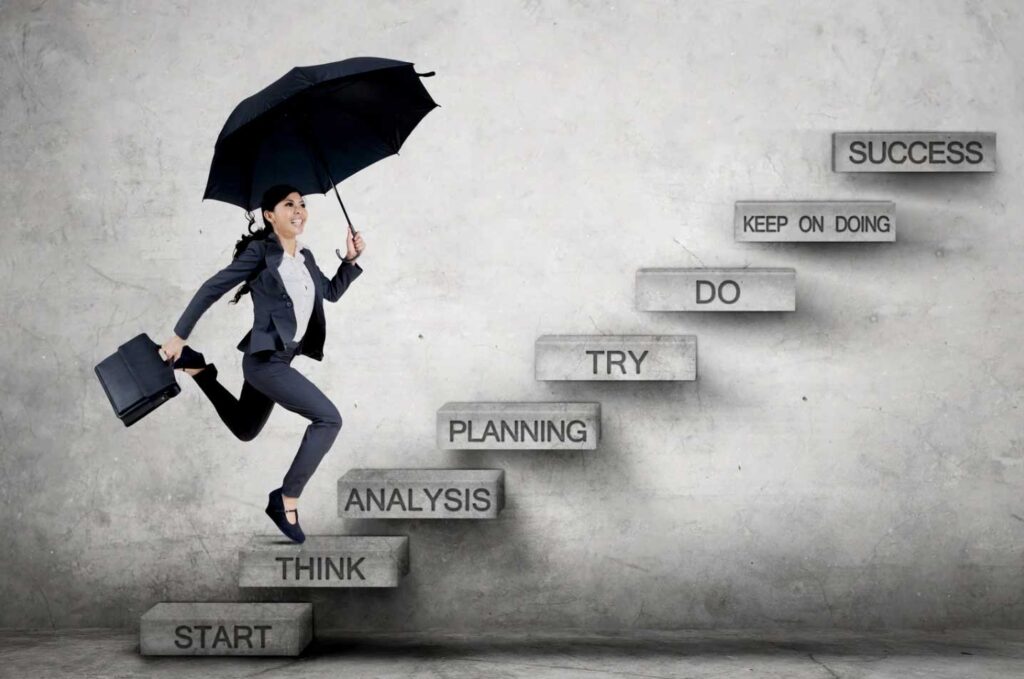
In a fast-paced world filled with demands, many of us focus on time management as the ultimate solution to enhance productivity. We meticulously schedule our days, create task lists, and divide our time carefully. However, there is one crucial element often overlooked: energy. Managing time without considering energy is like trying to drive a car without fuel—you won’t reach your destination.
Energy management offers a more holistic approach to achieving effectiveness. It’s not just about how much time you have but also about how you utilize your physical, emotional, mental, and spiritual energy to maximize your potential. This article explores the importance of energy management, how to optimize your physical energy, and why energy is the key to professional success.
Why Energy Management is More Important Than Time Management

Time management helps us prioritize and complete tasks on schedule. However, time is a fixed and non-renewable resource. On the other hand, energy is a resource that can be managed, renewed, and enhanced. When your energy is optimal, the same amount of time can be used more productively and effectively.
As a professional, you may have experienced periods of unproductiveness despite having enough time. This often occurs due to low energy levels. For instance, when you’re physically exhausted, your emotions may become unstable, concentration wanes, and creativity is stifled. Conversely, when your energy is high, you can accomplish far more within the same timeframe.
Understanding the Dimensions of Energy

Human energy can be categorized into four key dimensions:
- Physical Energy: Relates to your health and physical fitness. It forms the foundation for all other types of energy.
- Emotional Energy: Concerns your ability to manage emotions, remain positive, and stay motivated.
- Mental Energy: Involves focus, concentration, and critical thinking skills.
- Spiritual Energy: Pertains to purpose, meaning, and the values that guide your actions.
This article focuses on how to optimize your physical energy, as it serves as the starting point for managing other dimensions of energy. When your body is healthy and fit, you build a solid foundation to manage other types of energy effectively.
How to Optimize Your Physical Energy

- Quality Sleep Sleep is one of the most effective ways to restore physical energy. Research shows that insufficient sleep reduces productivity, diminishes cognitive abilities, and affects emotional stability. To achieve quality sleep, establish a consistent sleep routine, avoid caffeine and electronic devices before bedtime, and create a comfortable sleeping environment.
- Balanced Nutrition What you consume directly affects your energy levels. Nutrient-rich foods like fruits, vegetables, proteins, and whole grains provide lasting fuel for your body. Avoid processed foods and excessive sugar, which offer temporary energy spikes but lead to crashes later.
- Regular Physical Activity Exercise improves blood circulation, enhances mood, and boosts endurance. You don’t need to engage in intense workouts; light activities like walking, yoga, or stretching for a few minutes each day can significantly increase your physical energy.
- Stress Management Chronic stress depletes your physical energy. Relaxation techniques such as meditation, deep breathing, or simply taking time for yourself can help reduce stress and restore energy.
- Adequate Hydration Dehydration is a common cause of physical fatigue. Ensure you drink enough water throughout the day to keep your body functioning optimal
Linking Physical Energy to Professional Success

As a professional, your ability to perform at your best heavily depends on your physical energy. Here’s how it supports success:
- Enhanced Productivity: Sufficient energy enables you to complete tasks more quickly and efficiently.
- Improved Decision-Making: A healthy body supports an optimal mind, allowing for wiser decisions.
- Resilience to Challenges: High energy levels equip you with the physical and mental stamina to face workplace challenges.
- Better Workplace Relationships: Feeling physically well helps you maintain positive relationships with colleagues, which is crucial for teamwork and success.
Steps Toward Effective Energy Management

Energy management isn’t just about optimizing physical energy; it also involves creating balance across all energy dimensions. Here are additional steps to maximize your energy:
- Schedule Recovery Time: Balance work with rest and recovery to maintain energy levels.
- Set Meaningful Goals: Having clear, purposeful goals energizes your spiritual dimension, motivating you further.
- Develop Positive Habits: Start with small habits that support your energy, such as morning stretches or healthy meals.
- Evaluate and Adjust: Periodically assess your energy levels and make adjustments as needed.
Time management is an essential tool, but without energy management, its effectiveness diminishes. By optimizing your physical energy, you not only achieve more within the same timeframe but also enjoy the process more. In a high-pressure professional world, managing energy is the key to long-term success.
By making energy a priority, you’ll not only become more productive but also healthier, happier, and more satisfied with your achievements. Remember, while time is limited, energy is renewable—and that is your greatest strength.
Ready to dive deeper into how to “create more time” by managing endless tasks? Join the digital learning module program “Energy and Time Management” designed to help you develop and maximize your leadership potential. Visit campsite.bio/qqgroup and follow us on social media for the latest updates on our digital learning programs.
Let’s take the step together toward a great Indonesia!
